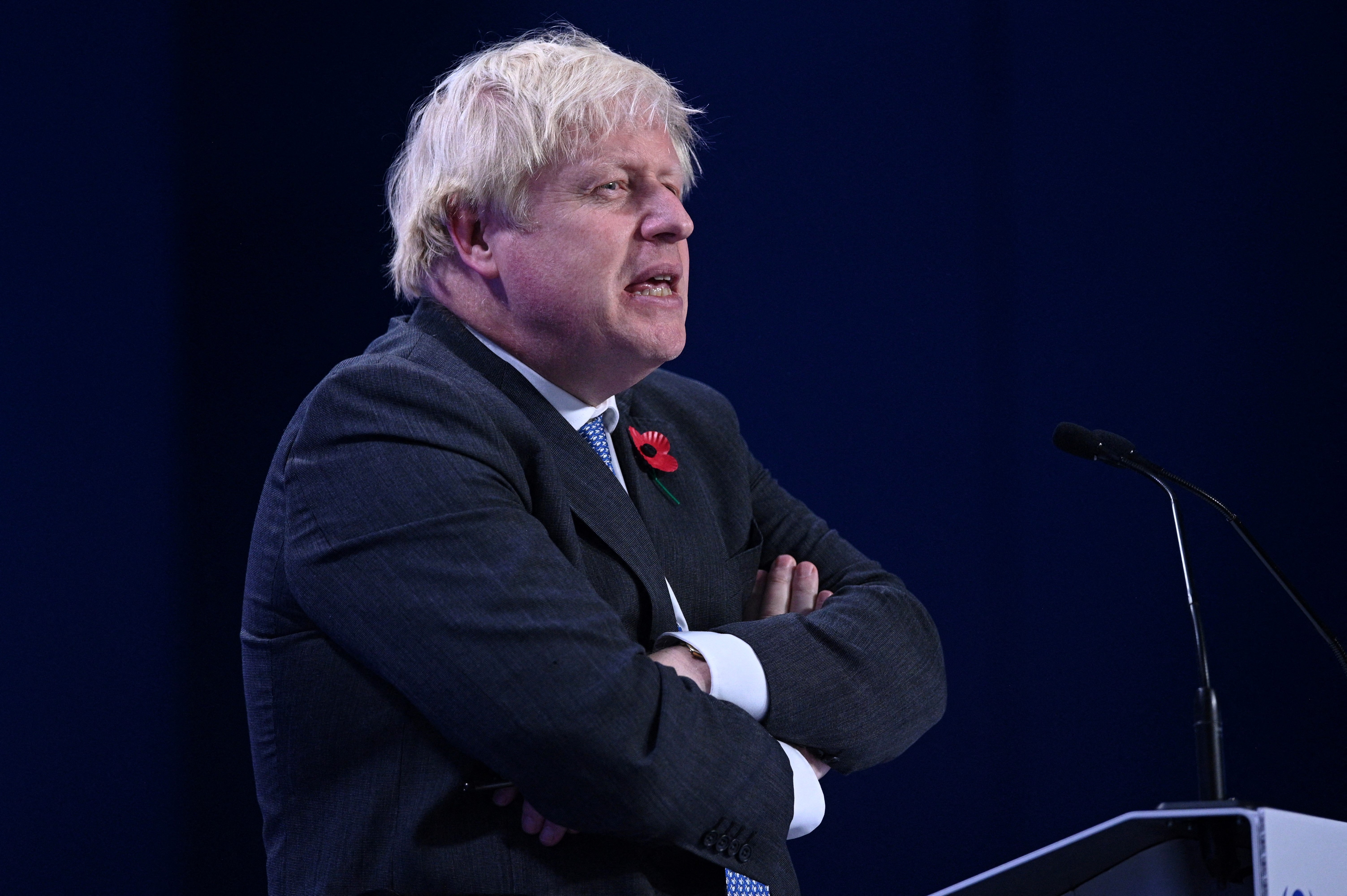Why is Boris Johnson being accused of ‘cash for votes’?
Reports that Tory whips tried to ‘blackmail’ their own MPs may face an investigation, writes Jon Stone


Liberal Democrat leader Ed Davey has written to the Cabinet secretary Simon Case asking him to launch a "cash for votes" inquiry into the government.
The allegation is that Tory whips last week used the threat of funding cuts to encourage MPs to vote with the government.
The claim is that this is not only unfair, but illegal, as it would amount to a misuse of public funds.
He argues that dangling the prospect of more or less publish cash in this way is wrong because such money should be distributed on a rational basis – not for political favours.
The vote in question was on whether Tory MP Owen Paterson should be punished for breaking lobbying rules – and whether the watchdog that censured him should be abolished.
While a few Tories did rebel, at least to abstain, most voted with the motion.
The Cabinet secretary is the head of the civil service and one of his responsibilities is to ensure "proper and effective government decision-making".
He is also the guardian of propriety and ethics, and responsible for enforcing the ministerial code.
It's not clear whether he would want to launch an inquiry. Mr Case is thought to be close to Boris Johnson, having being appointed on his watch and formerly his No 10 permanent secretary.
A Cabinet Office source said he would respond to the liberal leader’s letter in due course.
Questions an inquiry might look at would likely include whether the events happened as reported, whether they amounted to blackmail, and whether they might have been seriously followed up on.
There would also be the question of whether the whip’s office was operating autonomously, or with the knowledge or tacit support of the prime minister or others within the Conservative Party. And it would be interesting to know whether this was a one-off event or something that happens regularly in contentious votes.
But even if an investigation did go ahead, under the current system Boris Johnson is the ultimate arbiter of enforcing the ministerial code.
Unlike previous prime ministers, when one of his colleagues is found to have broken the rules he usually decides not to sanction them. This was the case when Priti Patel was found to have bullied staff at the Home Office, and Matt Hancock was found to have broken Covid rules.
While a flagrant breach of the law could be a matter for the police, the government’s own anti-corruption rules are widely regarded as being far from watertight.
Join our commenting forum
Join thought-provoking conversations, follow other Independent readers and see their replies
Comments
Bookmark popover
Removed from bookmarks